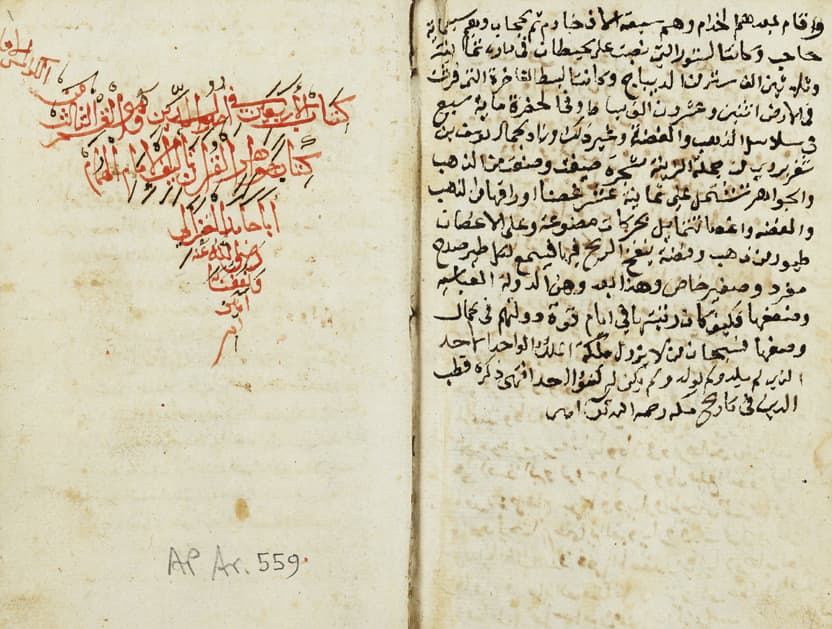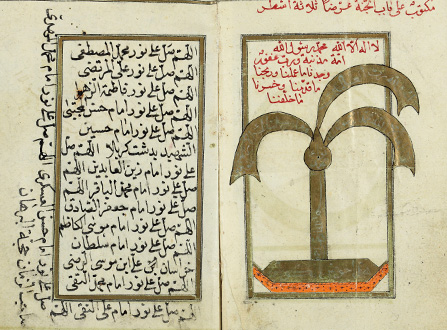رحلة كازانتزاكيس إلى فلسطين الانتدابية: الانغماس في سبت النور بحثًا عن الجوهر
نشر نيكوس كازانتزاكيس (1883-1957)، صاحب رواية “زوربا اليوناني”، انطباعاته عن رحلته إلى فلسطين، والقدس بشكلٍ خاصّ في الصحف، ثمّ أعاد صياغتها أكثر من مرّة لتقترب من أسلوبه الأدبيّ، وقد تُرجمت إلى العربيّة عن الصيغة النهائيّة في كتاب “رحلة إلى فلسطين” (1989، مؤسسة خلدون – عمان).
لمقالة بمدونة المكتبة
 سجل الدخول باستخدام غوغل
سجل الدخول باستخدام غوغل
 تسجيل الدخول باستخدام فاسيبوك
تسجيل الدخول باستخدام فاسيبوك


